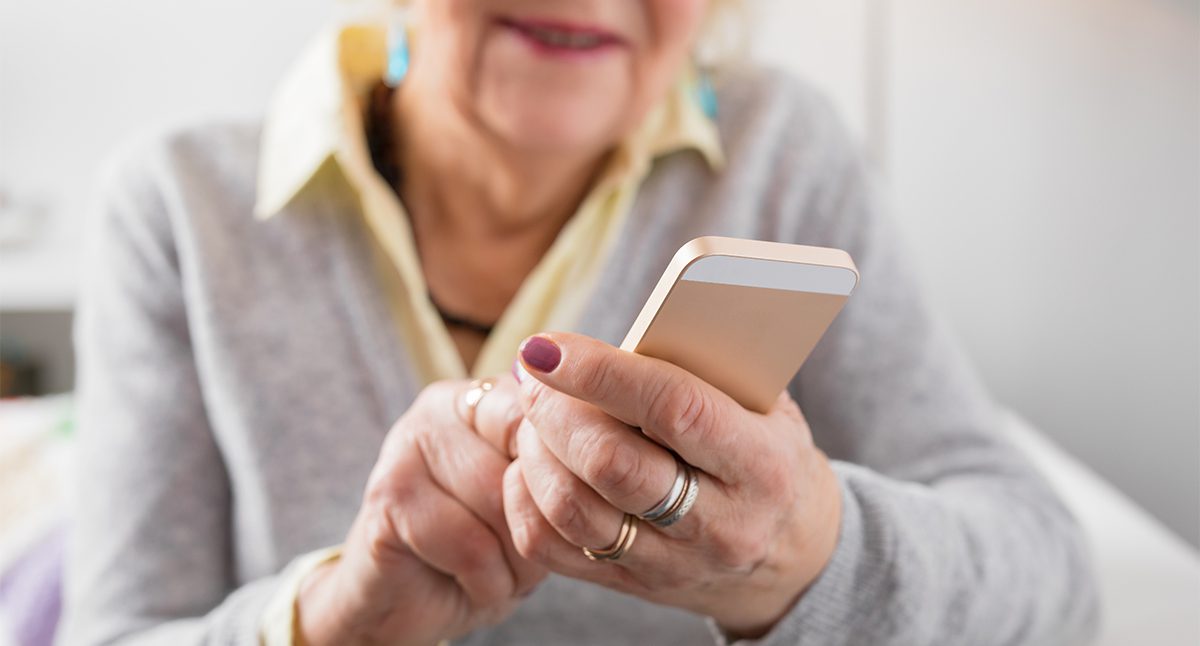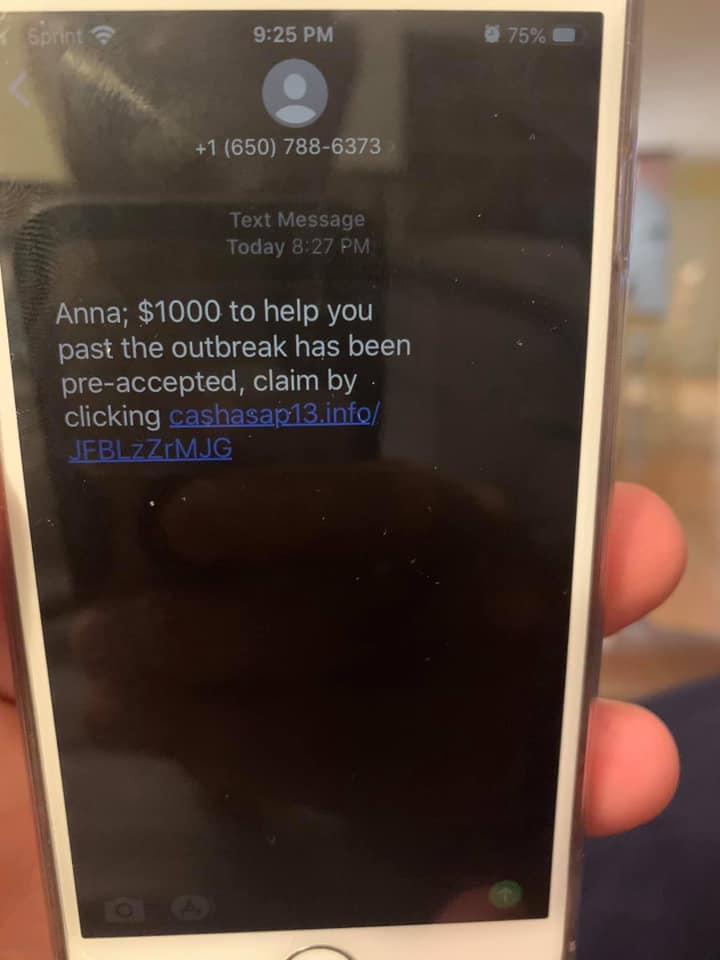
Seniors, Beware of New Coronavirus Scams
Last Modified
The spread of coronavirus (COVID-19) is a real health emergency and we’re all doing our part to keep ourselves and families safe and healthy. Unfortunately, it’s at times of crisis that scammers and con artists look to take advantage of seniors.
The Latest Text Scam
Medicare beneficiaries across the nation are starting to receive text messages that promise “$1000 payments to help you past the outbreak.” Then, they’ll be prompted to click a link in order to claim the cash. This text may sound legitimate because of news reports talking about the possibility of a government plan to send checks to citizens, and an enormous government stimulus. Here's a hint, though: the government doesn't send anyone $1,000 via text.
The numbers here might change – it might be $1,200 or whatever the latest number floating around the news is. It might also be a text “from the IRS” asking you for your banking information. The point is, in any case, the government does not communicate with you about sending you money via text message.

If you receive a text like this, do not click the link and delete the message immediately. Clicking the link will only take you a site where you’ll be prompted to enter your Medicare number or other personal information, including bank account information, which scammers can then use to steal your identity or commit Medicare fraud.
Tricks Beyond Texting
Of course, texting is just one way criminals will go after seniors. In some instances, seniors may receive phone calls during the coronavirus crisis from scammers pretending to be government or Medicare workers. They’ll be offered “free” or “special” virus test kits if they simply provide their Medicare number. Seniors should hang up on these types of calls right away.
Some scammers may even be bold enough to approach seniors in public places like grocery stores, pharmacies, and parking lots promising coronavirus or COVID-19 test kits in exchange for a Medicare number, a credit card number, or banking information. These people should be ignored. Return to the store if possible and report them to a manager.
Tips to Protect Yourself from Medicare Fraud
Here’s a few tips to keep in mind to protect yourself from Medicare fraud even after the coronavirus crisis is over:
- Protect your Medicare number as you would a credit card number.
- Medicare will never contact you for your Medicare number or personal information.
- Medicare will never call you to sell you anything.
- Medicare representatives will never come to your home.
- Medicare can’t enroll you over the phone unless you call them first.
Most of all, the government does not provide anything in the way of cash payments via text message. If the government has something important to tell you, they will send you a letter. Phone calls, text messages, and other communication are too informal for the federal government. Don't fall victim.
Archer Law Office Can Help
For More Information Contact this office (609) 842-9200
